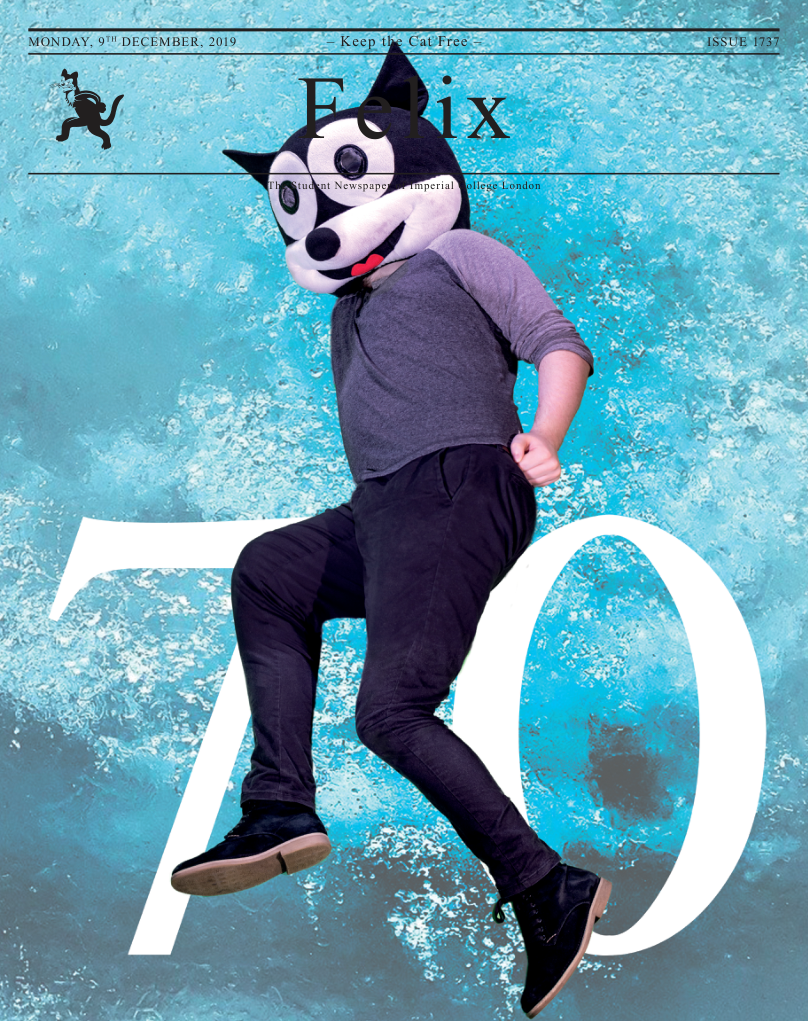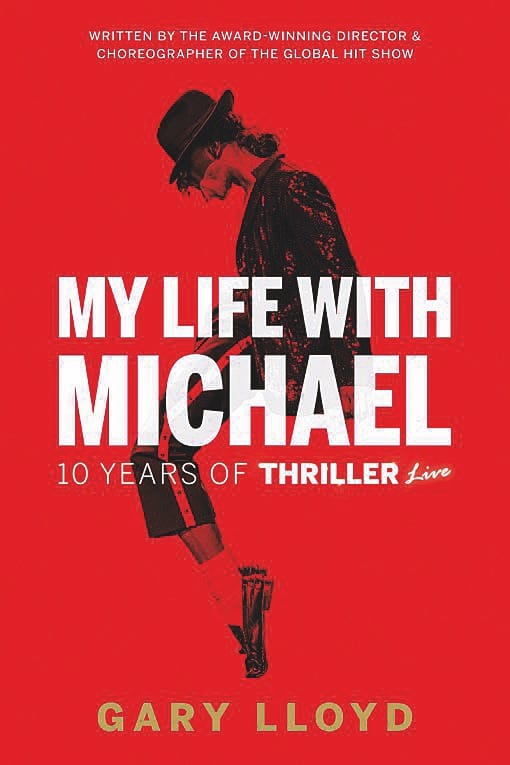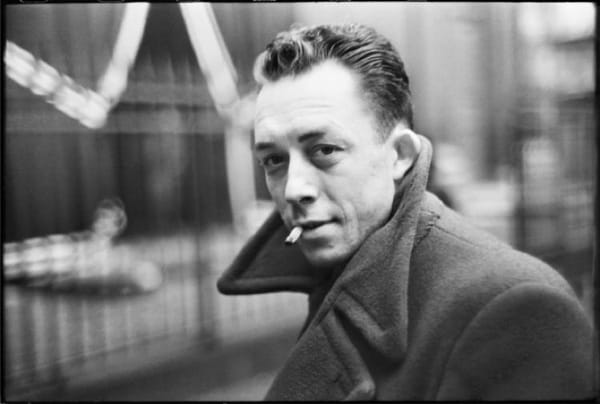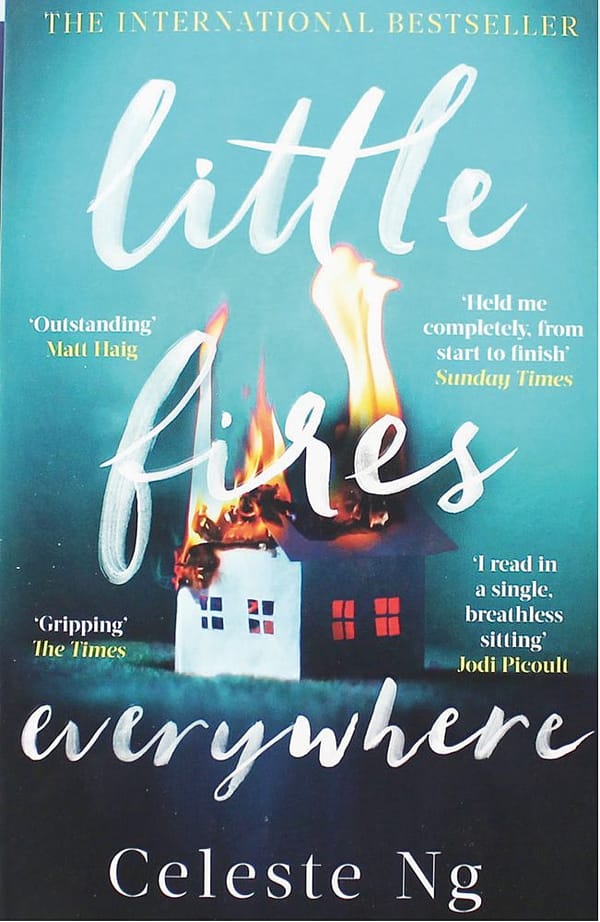Editors’ Top Picks of the Decade
Might be an odd mix of titles, but the Felix Books Editors present to you their top picks of the decade

When Breath Becomes Air by Paul Kalanithi
Image Above
Poetic, poignant, and profound, Paul Kalanithi’s memoir as a neurosurgeon diagnosed with Stage IV metastatic lung cancer is unbelievably powerful in Kalanithi’s quest to answer the difficult question of what makes a life worth living. It’s a strange perspective on human identity and mortality when your role constantly switches between being a doctor treating the dying and a terminally ill patient - is death still so chilling and unsettling? What matters and what doesn’t? It encompasses many themes from religion to philosophy to medicine but it maintains some sort of coherence. Kalanithi has expressed his love for reading and writing - he majored in English Literature - and it definitely shows in the book. It’s lyrical, precise, philosophical, and hits so close to the heart. At first glance it may seem like a rather straightforward read, but once you dive in, there’s so much packed in his words. It’s something that I constantly go back to, where I can get something out of it in every reread, and I can say that it’s the book that hit me the hardest in the past decade. Let me leave you with an excerpt from the book, “You can’t ever reach perfection, but you can believe in an asymptote toward which you are ceaselessly striving.”
The Divergent Trilogy by Veronica Roth
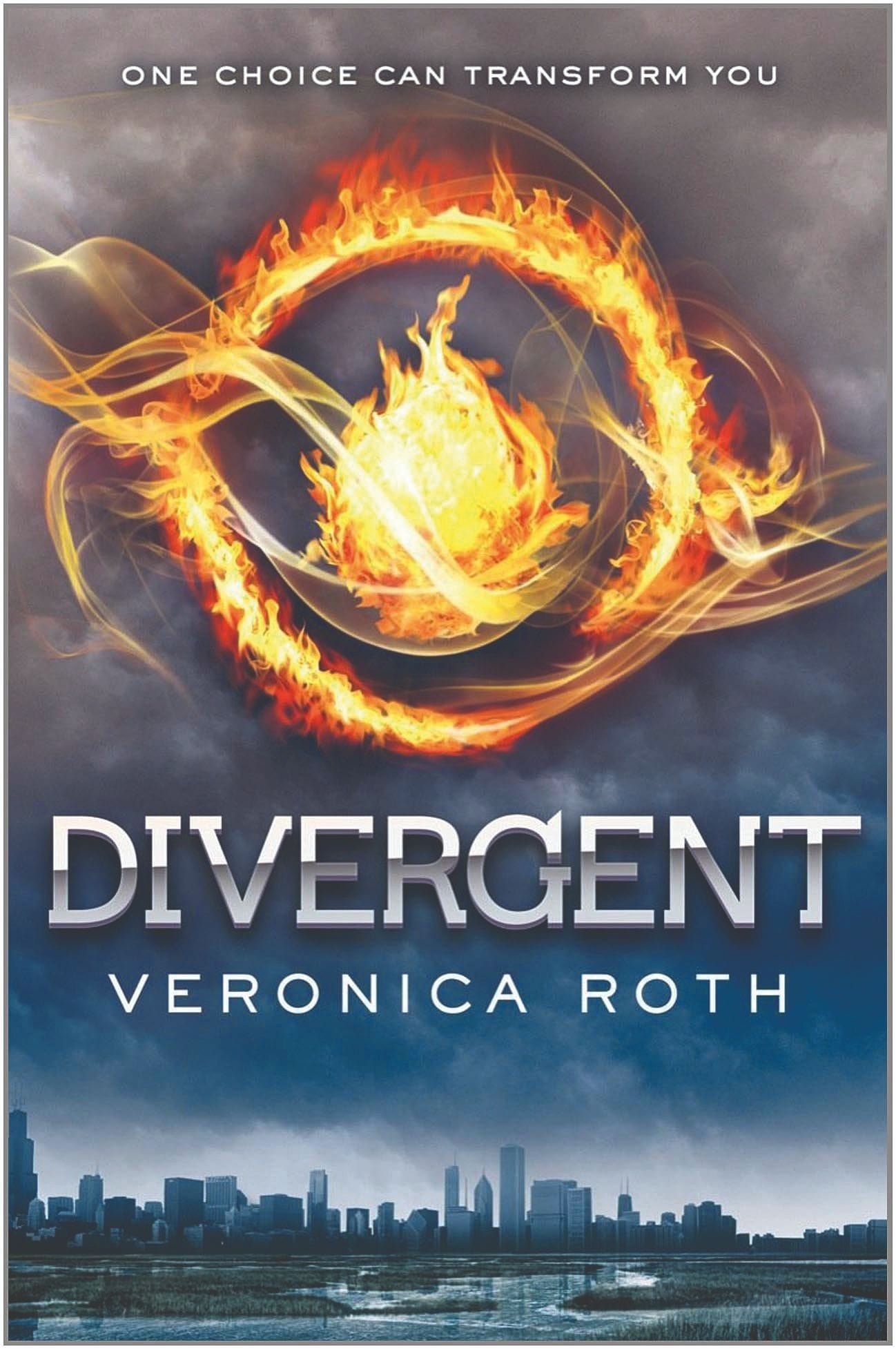
There might be a big question mark as to why the Divergent trilogy is on this list, but I feel its impact, be it on the young adult literary scene or on my personal love for reading, has earned it a spot on here. It’s been almost a decade since I first laid eyes on the first instalment of the series; I can’t quite comment on its literary values the same way I once did but as a teenager I thoroughly enjoyed it. The story is set in post-apocalyptic Chicago where citizens are pre-defined and sorted into one of the five factions as the society sees fit, with the protagonist Beatrice “Tris” attempting to make a sense of her “divergence.” The series, along with Suzanne Collins’s Hunger Games Trilogy and James Dashner’s The Maze Runner Series, are unquestionably quintessential of this genre. The themes of self-discovery, transition into adolescence, and choices and consequences echo throughout and are what primarily appeal to the teenage audience. This series has garnered commercial success (6.7 million copies were sold, and $700 million in box office) and to a certain extent prompts the return of dystopian fiction (resurgence of classic dystopias like George Orwell’s 1984 and Aldous Huxley’s Brave New World). This genre continues to dominate the YA shelves and is definitely characteristic of this decade, and The Divergent Trilogy is certainly the most representative work of the genre.
Things My Son Needs to Know About the World by Fredrik Backman
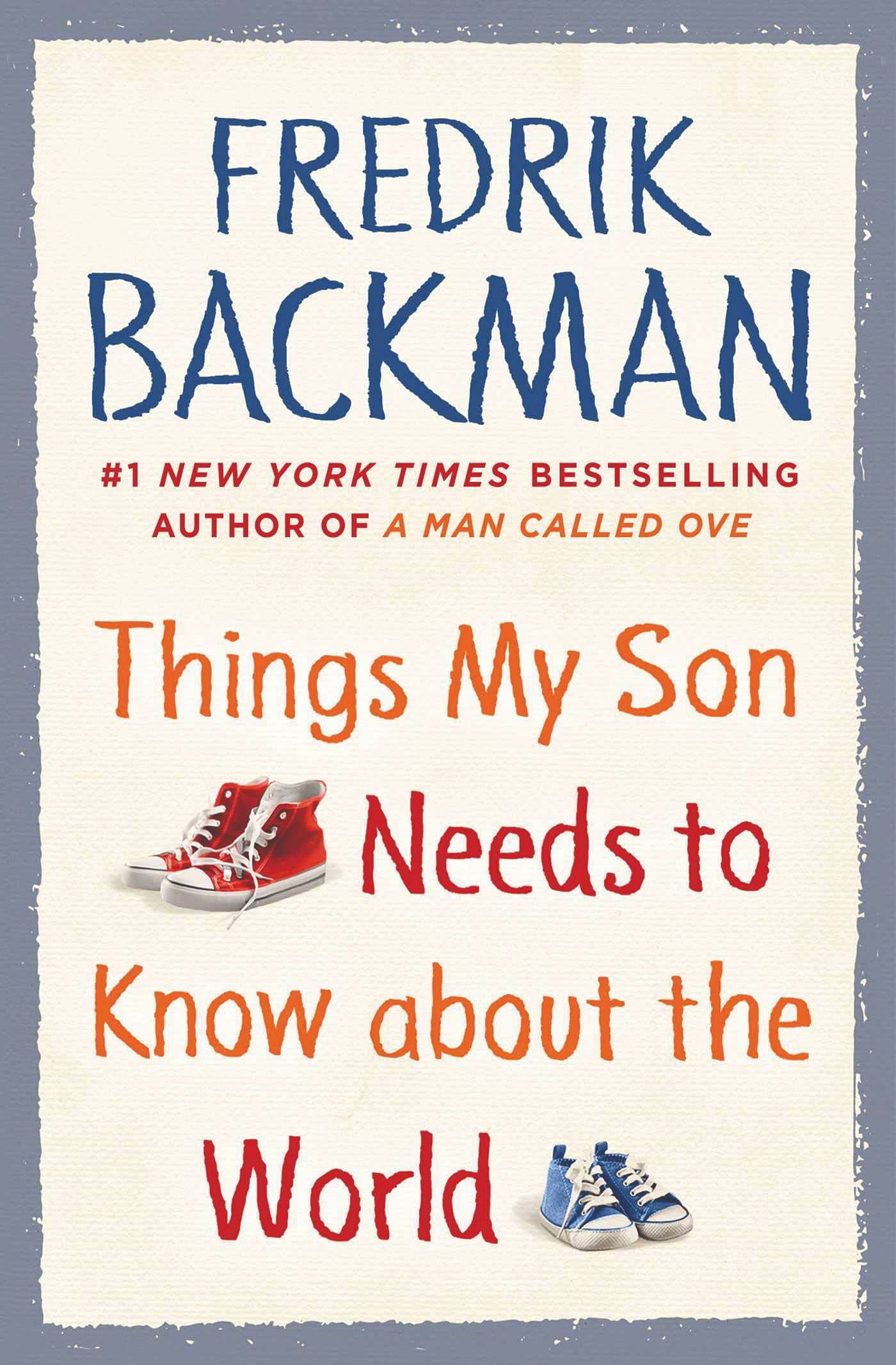
While looking for books to read this summer, I came across one called ‘Things my son should know about the world’ by Frederik Backman, and immediately fell in love with the writing. I started to follow the author, and read more of his books. So when I was asked to list my favourite books of the decade, I knew I had to write about Frederik Backman’s books. Each of his books develop the characters so well, that it is as if you are present there right next to them as you learn about their life. I read four of Backman’s books over the summer, but I will only write about two of them: one that left me smiling long after I had finished it (the one mentioned above), and one that actually made me cry. The latter one is called ‘And every morning the way home gets longer and longer’, and despite being a rather short book, it leaves you with more emotions than the longest of novels.
In this book, Backman addresses his one or two year old son as he shares and reflects on the experiences in his own life, right from his childhood to his present life. Each chapter is like a new letter to his son, discussing a different aspect of life. Since it is a father talking to a child, the writing style is rather candid, and instantly engaging. The most charming aspect of this book, however, is the fact that though the writer is sharing his life with his son, there is a certain fairy tale quality to each experience that makes it hard to decide whether it is fiction or non-fiction. I say charming because since it is real, it is highly relatable, and since it is dream-like, it is not boring at all! As a young female university student I can guarantee that even if you are not a father who is writing this book, or a son who is meant to read it, it is an enjoyable journey, and definitely worth a read.
And Every Morning the Way Home Gets Longer and Longer by Fredrik Backman
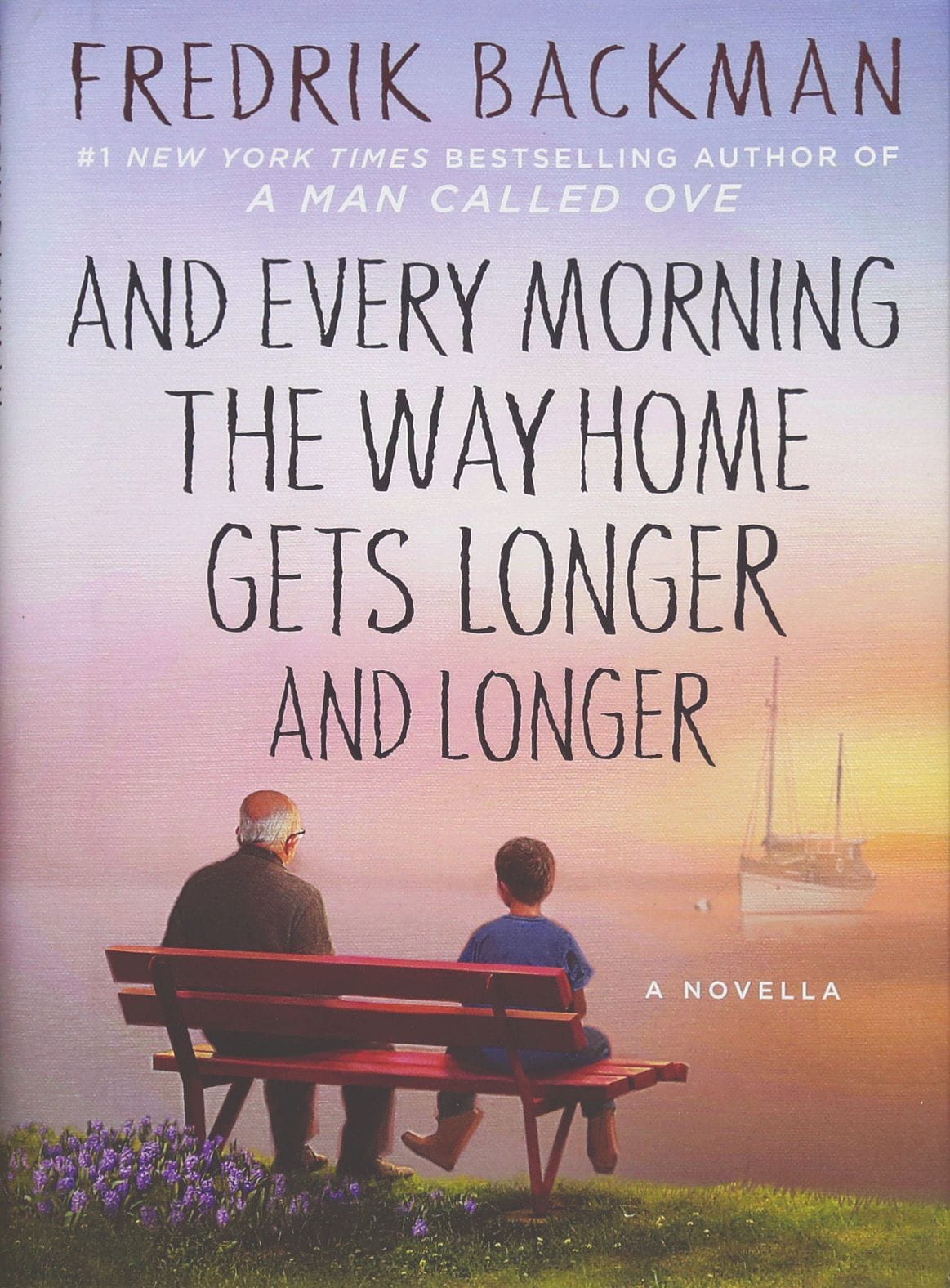
I am sure that this short novel will remain one of my favourite ones because it is the most creative one that I have read. And it is one of the very few ones that have made me cry. It is the story of an old man desperately trying to hold on to his memories as they fade away faster every day. And it is the story of a young boy helplessly watching his grandfather forget a little more of himself every day. Backman takes us (and the young boy) inside the grandfather’s mind (a square), and we observe the square getting smaller and smaller each day, which the old man can feel, but cannot control. This rather heart-breaking journey takes us through the different, random memories that are still left inside that square – both happy and sad, and full of love. It is one of those novels that is so full of emotions that we find ourselves unable to contain our own as we reach the end. In our very busy, very work-centred lives, this novel is great to get in touch with our emotions, especially ones that we forget we can feel.

